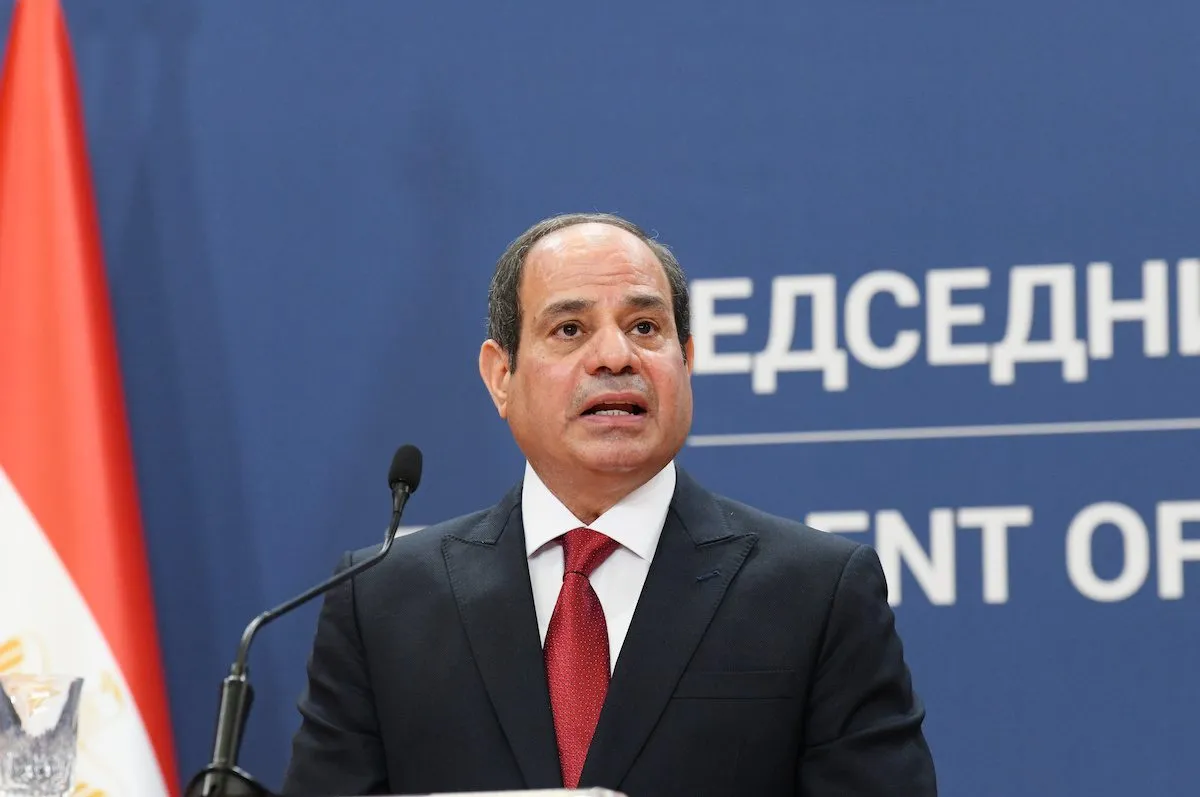Since the collapse of the economic situation in Egypt on the morning of the eleventh of this January and the dollar has exceeded the level of thirty pounds, the Western press is only talking about one main suspect: the Egyptian Army.
In the new agreement concluded by Egypt and the International Monetary Fund (IMF), there was a clear condition, which is the Army companies gradually withdraw from the Egyptian economy and give more space to the private sector to play a greater role that would attract foreign investments and gain foreign currency. This was a major challenge to El-Sisi himself, who has allowed the Army to penetrate the Egyptian economy and loot from it wherever it desires.
In a significant report, the editorial board of the British Financial Times newspaper touched on the great responsibility that the autocratic El-Sisi’s regime bears regarding the collapse of the Egyptian economy, attributing this to the fact that El-Sisi took over the management of a country that exceeds his capabilities.
The British newspaper, which is one of the most substantial economic sources in the world, believes that the Army, which El-Sisi granted all powers to monopolise the economy and control its various sectors, has become a real burden and disaster for the Egyptian economy. The IMF’s condition is clear and cannot be divided into two, which represents a danger to El-Sisi and a major dilemma that could push his Gulf allies to put pressure on him to fulfil his pledges and move away the Army from the economy.
Throughout ten years, El-Sisi’s main narrative was that the Army is the saviour, the safe harbour and an economic force parallel to the State’s economy. If the State falls into trouble, El-Sisi asks the Army for help; if baby formula disappears, the Army provides it; if there is a shortage in foodstuff, the Army secures a million cartons in two hours; if the State needs to implement a project, there is no party except the Army. And so on, to the extent that people in Egypt thought that there is a State called the brotherly State of the Egyptian Army.
Today, Egyptians discover, through the IMF, that the Army is the problem. Today, Egyptians read the reports of the Financial Times, Bloomberg, Reuters and CNN, as all of them put the Army in the dock. The private sector has been destroyed, inflation has increased, the dollar has disappeared, investors have fled and commodity prices have surged, while one of the most important reasons for that is the Army’s interference in the economy.
They are fundamentally destroying El-Sisi’s narration. The man has started to experience a real dilemma. Now, after he amended the laws and enacted new legislation that permits his officers, commanders and friends who belong to the Armed Forces to own companies, monopolise sectors, and loot billions while no one is holding them accountable; on the contrary, El-Sisi has granted them comprehensive immunity, exempted them from taxes and protected them from the Parliament and the media. After all this, how can he inform them and force them to waive all these gains, funds and companies, and to stay away from the economy?
The major problem is that the Egyptian regime is obliged to submit two account statements in one fiscal year, according to which it informs the IMF about the regime’s procedures and its seriousness to fulfil its commitments. In the language of figures, there is no escape from transparency and speaking. El-Sisi will not be able to raise his voice or ignore the IMF; otherwise, he will not receive the next payment of the new loan, which means not obtaining the IMF’s trust certificate and the investors to flee again.
Through its failed economic measures, the Egyptian regime has put itself to a stage of no return. Either it will abide by its commitments to the IMF and face the anger of the Army and the anger of the people over the high prices and energy bills, or it will ignore the conditions of the IMF, which means that it is, bit by bit, approaching bankruptcy and facing the fate of Lebanon and Sri Lanka and, in reality, it is not far from them.
El-Sisi is in real danger and the Army is in the dock, and it seems that the man has reached a crossroads and on the brink of collapse, and the reason, this time, is his economic failure.
El-Sisi is trying to cling to his remaining allies, but it seems that even Saudi Arabia has lifted its hand on him, which was confirmed by Saudi Finance Minister, Mohammed Al-Jadaan, in his statements on the margins of the World Economic Forum in Davos, when he pointed out to the termination of direct unconditional support, and that the Kingdom’s neighbouring countries should take serious steps towards reform.
All your allies have sold you, they sold you hard, and you have no other choice but to leave, since it could be the beginning of saving Egypt from your continuous failure.

